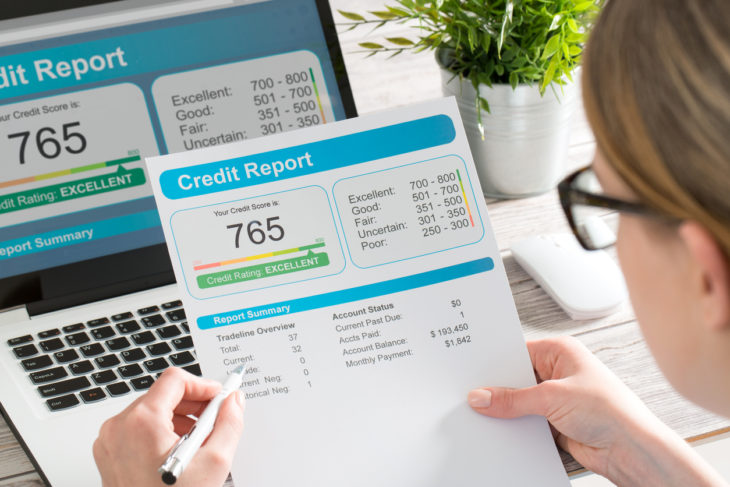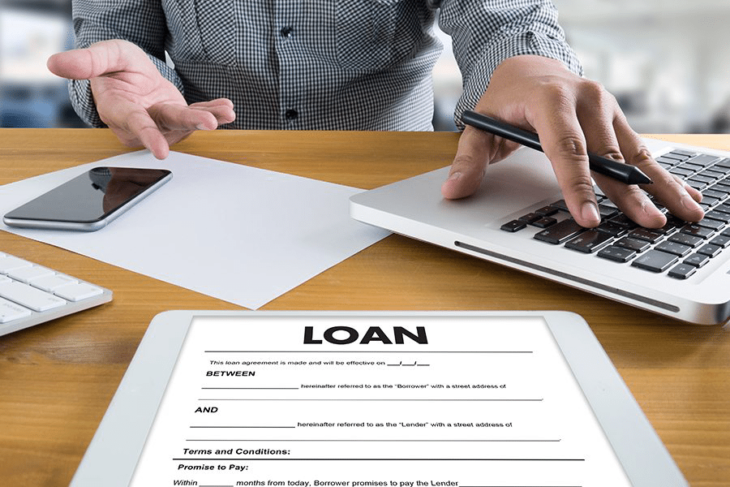Personal loans are versatile, which means they can be used for any expense. From financing a big one-time purchase to consolidating your loans, there are a lot of ways to use personal loans. Typically, personal loans are unsecured, which means you don’t need to provide collateral for your lender.
They also usually have lower interest rates and a moderate borrowing limit, which is why many people are taking out personal loans for a variety of reasons. Not only that, but personal loans is the fastest-growing loan in the market right now. That said, a lot of lenders are offering them because of popularity, making the market bigger. With a bigger market, there are many opportunities for you to get preapproved for a loan.
This is an excellent opportunity to shop around for loan products. However, not many people are doing this, which is a shame since it’s a great way to see the range of loan products a consumer can get. Maybe this is because of the lack of information, who knows. That said, we are here to talk about how to get preapproved for a loan, and some answered frequently asked -questions you might ask afterward.

Source: bfwggrants
Contents
Steps to Getting Preapproved
Usually, getting preapproved, or some might call it prequalifying, is quick and easy for a loan. Most of the time, lenders like CreditNinja let their clients do the process online for less hassle, but sometimes, if you can go to their office, you can do the process there too.
That said, the process of getting preapproved for a loan can vary from lender to lender, but there are three main steps that you can do to make things easier.
- The first step is have your top three lenders that you think might be good to get a loan from or typically a lender you trust. Most of the time, you can visit their website and see if you can be preapproved for a loan online. Or if you can, you can visit them in person or give them a call.
- Once you get the chance to get pre-approved, you will fill out some forms for your essential information like your name, address, how much your regular income, the amount you want to borrow, etc.
- The next thing you should do is to wait. The lender will then make a soft credit inquiry in your credit report. However, some lenders make a hard credit inquiry, so make sure to check. But why is it important?
A hard credit inquiry can impact your chances of getting a loan in the future. After the credit inquiry, the lender will give you options on what loans you can get from them. It’s only a matter of choice if you want to take their offer or try another lender.

Source: unsplash.com
Why Should I Get Pre-Approved?
When you apply to get pre-approved for a loan, you’ll have the opportunity to find out if you’ll be approved for a particular loan or not without getting any kind of consequence like hurting your credit score (that is, if the lender made a soft inquiry). This also means that if you’re not presented with any loan option, it’s still safe for you as a consumer. With this in mind, that means you can get pre-approved from a lot of lenders at once and see your loan options.
Do Pre-Approvals Hurt My Credit Score?
If you’re getting pre-approval for a loan, then you’re fine since most lenders only make a soft credit inquiry to see your financial standing and creditworthiness. A soft credit inquiry will not show up in your credit report, so you don’t have to worry about that. This is a good thing if you want to shop around for the cheapest loan option there is.

Source: iStock
What is the Difference Between a Pre-approval and Prequalification?
Theoretically, there is no difference between the two. They both refer to the process of getting your creditworthiness check to see your loan options from a lender. Some lenders even use them interchangeably, which is probably the reason for the confusion.
However, there is a slight difference between the two terms. pre-approvals tend to be more in line with bigger loans like mortgages or credit cards. Prequalification is mostly used in smaller loans like personal loans. However, lenders and banks alike use both terms interchangeably, so it doesn’t really matter that much.
How Do I Increase My Chances of Getting Pre-Approved?
Since the aim of the pre-approval process that lenders do is to see your creditworthiness, your credit score would be the main factor. If your credit score is excellent, you don’t need to worry that much in terms of getting approved. In fact, you can skip the pre-approval stage if you already have a specific loan in mind.
But with a bad credit score, this getting pre-approved for a loan can be hard. However, this doesn’t necessarily mean that it would be impossible. In fact, you can still get pre-approved and in turn get approved for a loan, albeit with a higher interest rate.
There are various ways for you to improve your chances of getting pre-approved like paying down your bills on time and paying your debts. Also, avoid trying to get new credit if you can help it since it can worsen your credit score.
Another thing to avoid to not damage your chances is to not close an account once you have paid it off. By doing this, you can improve the length of your credit accounts and credit utilization, which are both factors in calculating your credit score.

Source: fitsmallbusiness
Takeaway
Getting a prequalification or pre-approval doesn’t do that much for a consumer, except if you want to shop around for the cheapest loan option you can get. But it’s a useful tool if you want to know your chances of getting approved without any consequences to your credit score. Ultimately, it all comes down to your creditworthiness, so if your credit score is bad, then expect a minimal range of choices.
